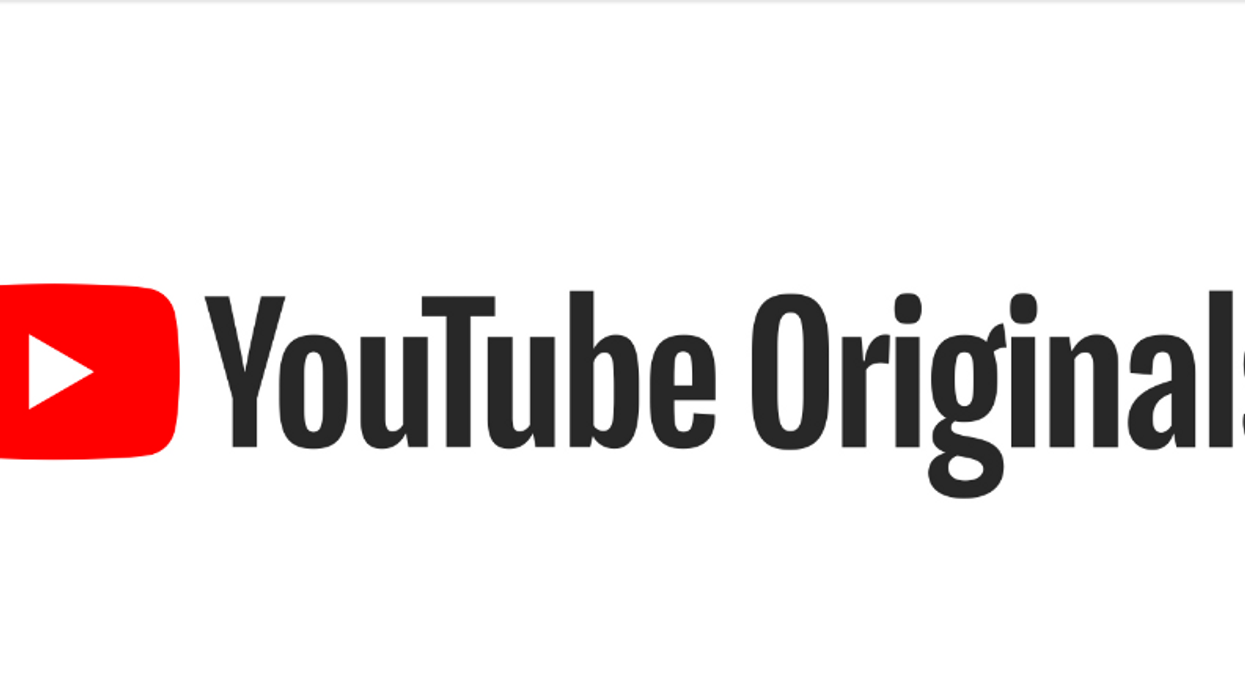Here's How YouTube's Changing Landscape Impacts You
YouTube is, unfortunately, not the premium scripted content leader it thought it would be.

According to a recent article by the Hollywood Reporter, YouTube is pivoting on its business strategy and overall approach to subscription content. The video behemoth will shift from producing subscriber-only original scripted programming, opting instead to focus on ad-driven revenue.
So... what does this mean?
YouTube will pull back from ordering new original scripted series starting in 2020. While other streaming services like Amazon, Netflix, and Apple are spending like mad to find properties and create new shows, YouTube will freeze its budget for the next two years. That doesn't create a lot of opportunity for development. YouTube will almost certainly lose its place in the streaming wars as they stand now. And the site probably will not be an outlet that will continue to draw big Hollywood names.
In addition, YouTube chief business officer Robert Kyncl told the Hollywood Reporter that YouTube originals will be free to all users by next year, regardless of whether they pay the $12 monthly premium subscription.
YouTube is still trying to figure out how to make money off the original content it produces, which will include the upcoming season two of Cobra Kai, and 2019 projects from Jordan Peele (Weird City)and Kirsten Dunst (On Becoming a God in Central Florida). Kyncl reportedly said that premium users might get the chance to binge these shows while unpaid viewers have to wait for content, or maybe subscribers will get exclusive extended cuts of projects.
YouTube Premium will still be around for those who want ad-free videos that continuously play on their phones even when switching apps. Whether users will continue to pay for YouTube Premium remains to be seen.
The main takeaway is that YouTube's foray into subscription revenue and "prestige" programming didn't really pan out, and the site likely won't be the place creators will go to make a traditional pitch for film or TV opportunities.
That's probably for the best.
I have been on the Internet a while, since YouTube's inception. I remember back in 2005 when it looked more like a sketchy video site than a slick media outlet.
For instance, I sometimes watched SeaNanners (AKA Adam Montoya) for funny, short gaming videos. YouTube assumed that meant I also wanted to watch a scripted animated show about him and other gamers fighting paranormal monsters. Sorry, no. And I certainly would never have paid for it (no offense to SeaNanners).
What has always been appealing about YouTube is its almost grassroots nature, and the fact that it is free. There were and still are many, many hidden gems, and fandoms can spring up almost overnight, bringing an element of audience interaction that no highly produced streaming show has really been able to replicate (I still think about lonelygirl15 and Marble Hornets sometimes).
YouTube should have known that asking users to pay for something previously free would not go over well, especially when many independent channels continue to produce more compelling and more audience-appropriate content that builds fanbases naturally.
For those of us who want to create content and upload it to a hugely popular video website where there is still potential to find audiences, get partnered, go viral, and maybe be discovered, YouTube remains a welcome place. It simply won't be among the biggest players that are developing and producing original scripted projects. Instead, it's a potential stepping stone to larger things.












